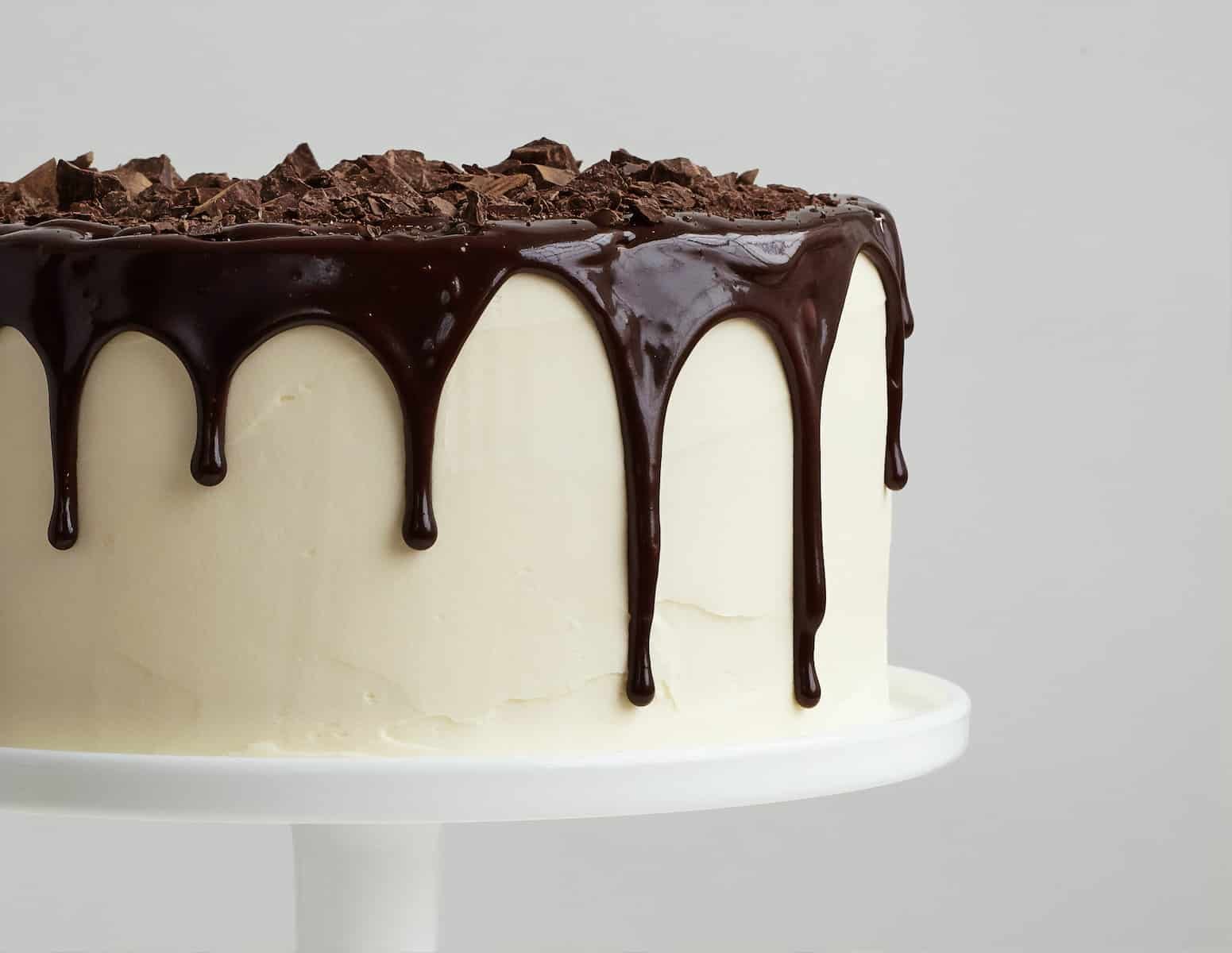I know that when it comes to cake, it can be hard to resist finishing it all in one sitting. But let’s be honest, sometimes our eyes are bigger than our stomachs, and we end up with leftovers.
So, the million-dollar question is: how long does cake last in the fridge? Whether you’re wondering how long to savor that last slice of birthday cake or if that half-eaten chocolate fudge cake can still be a treat for tomorrow’s dessert, I’ve got you covered. Let’s keep it simple, safe, and, most importantly, scrumptious!
First things first, understanding the basics of cake composition and how it interacts with the environment is crucial. Cakes come in all shapes, sizes, and ingredients. These factors affect how long they stay fresh and safe to eat. Generally, cakes made with fresh, perishable ingredients like cream, fruit fillings, or custard need to be refrigerated and have a shorter shelf life. On the other hand, your good old-fashioned buttercream frosted cakes or plain pound cakes are a bit hardier.
According to the FDA, refrigerating certain types of cake is essential to prevent the growth of harmful bacteria. The fridge temperature slows down microbial growth, which is a big thumbs up for food safety!
Here’s a general breakdown of different types of cakes and their expected fridge life:
Remember, when storing cake, make sure it’s covered or wrapped in plastic wrap or aluminum foil. This keeps it from drying out and absorbing any unwelcome smells from your fridge.
Trust your senses when it comes to detecting a cake that’s past its prime. If the cake looks good and smells like it should, it’s probably fine. However, if you’re seeing mold, it’s a definite no-go. The CDC warns that eating moldy food can lead to allergic reactions or respiratory problems, so when in doubt, throw it out!
Also, if the cake has an “off” smell, a change in color, or a sticky or slimy texture, it’s time to say goodbye. It’s not worth risking a tummy ache or foodborne illness for that last slice.
To keep your cake tasting as fresh as possible, here are some quick tips:


